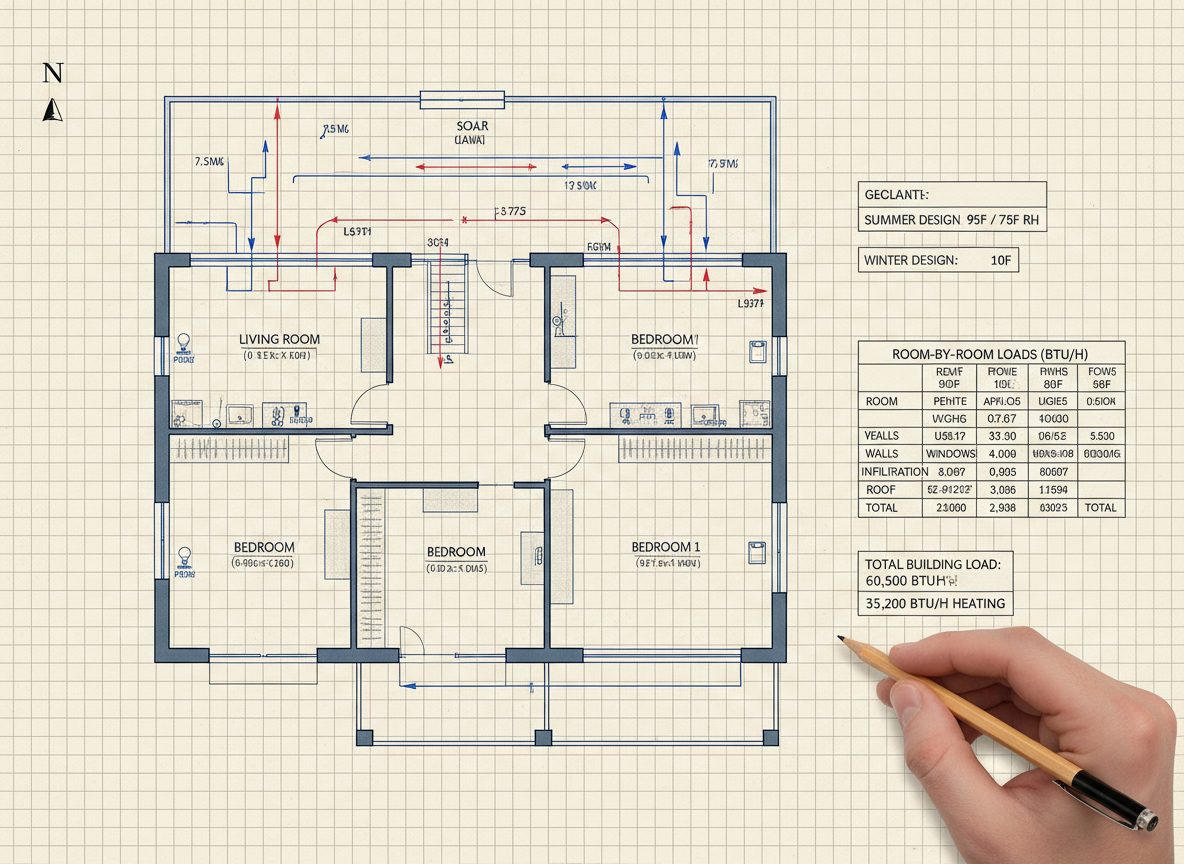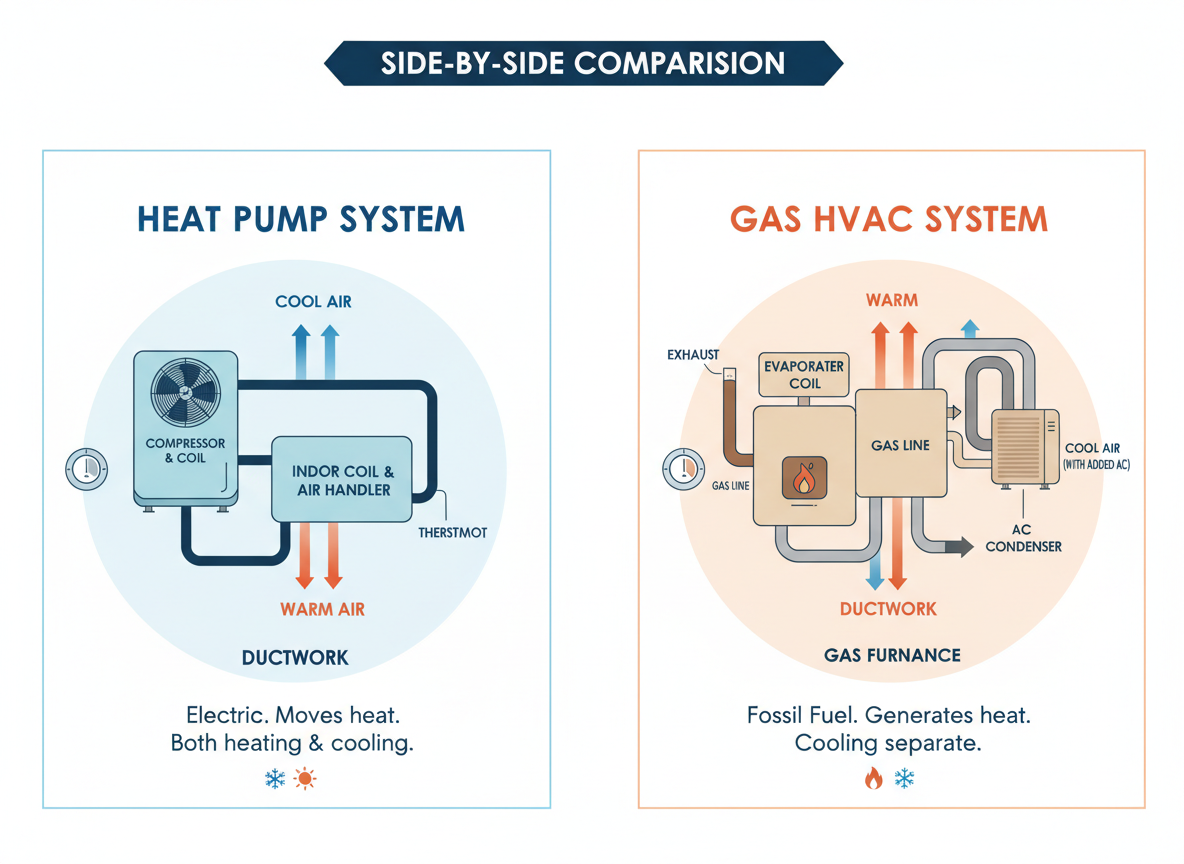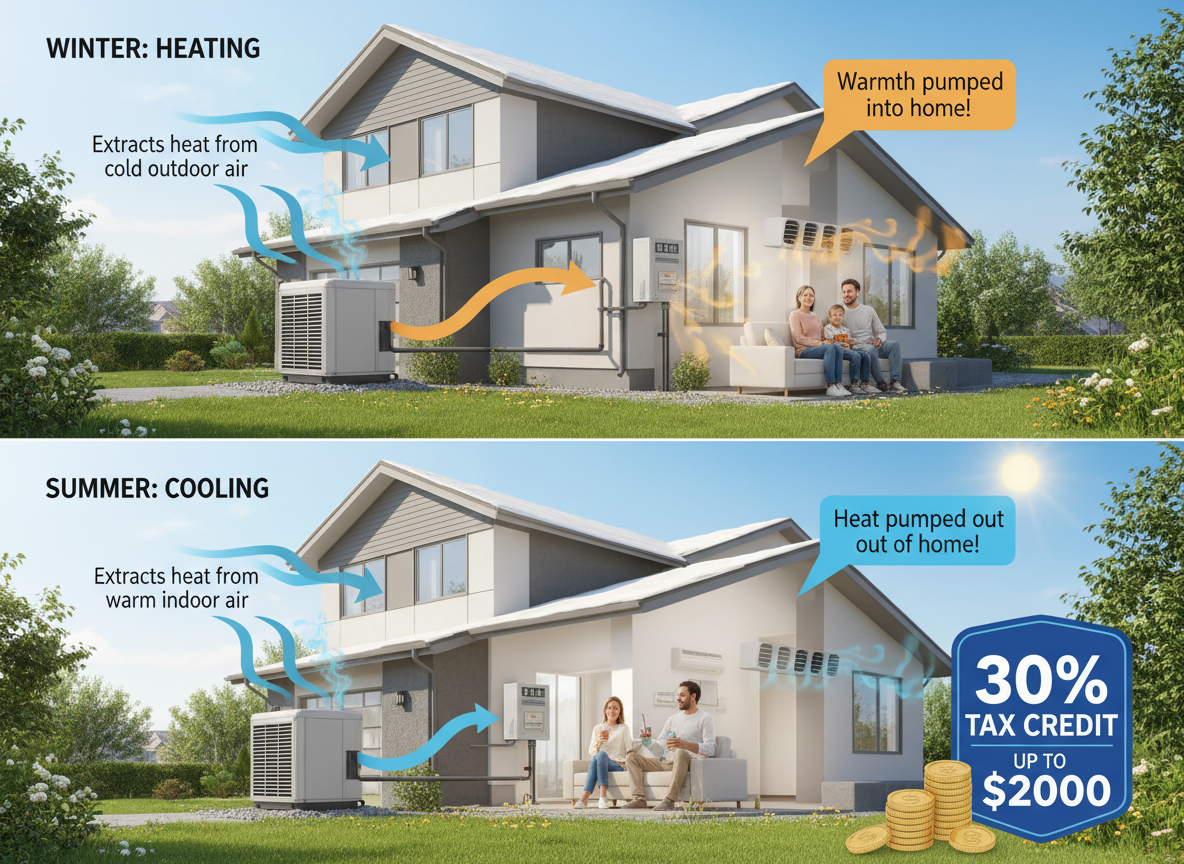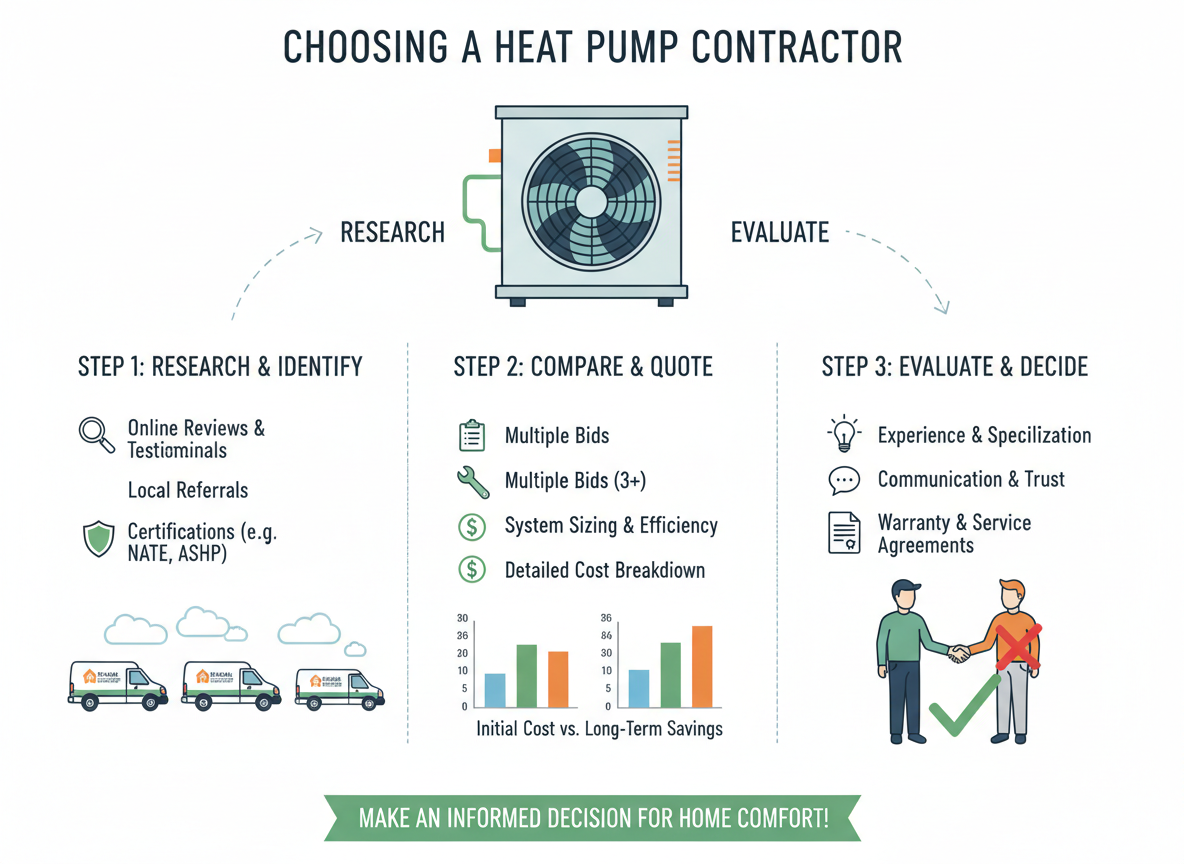
A common HVAC myth is that closing air vents in unused rooms will save you money and energy. Did you know the opposite is true? The are many issues caused by keeping air vents closed even in unused rooms. It is important to remember that your HVAC units and ductwork are designed to work together and can be disrupted if air vents are closed. Closing vents causes your HVAC system to work harder and can lead to HVAC damage and cost you money in the long run. Below we discuss issues caused by closed air vents.
Lost Efficiency
Your HVAC system is designed to heat or cool your whole home—not just part of it. Even if you close air vents in some rooms, your system will still push out the same amount of air to reach the temperature you set on your thermostat.
When vents are closed, it builds up pressure inside the system. This makes your HVAC work harder to move the air, which lowers efficiency and can damage parts like the blower motor.
- If your system uses a PSC blower, closed vents slow the blower down. It takes longer to heat or cool your home.
- If it uses an ECM blower, the motor adjusts to push air harder, which uses more energy and can wear out parts faster.
So, instead of saving money by closing vents, you’ll actually spend more and may even have to replace your system sooner.
Early System Damage
Too many closed vents restrict airflow. This can lead to frozen coils or a damaged compressor—two major parts of your HVAC system.
- If the compressor breaks, your system won’t work right and might need costly repairs or replacement.
- In a furnace, low airflow can cause the heat exchanger to overheat and crack.
Both of these problems can lead to your system breaking down—possibly on the hottest or coldest day of the year.
Inconsistent Comfort
Closed air vents mess up the airflow in your home. Your HVAC is built to spread warm or cool air evenly using special air control parts called dampers.
- If you close a vent, rooms near the blower might get too much air.
- Rooms farther away might not get enough.
This causes uneven temperatures and hot or cold spots around your home.
Pressure Imbalance
Your HVAC has return vents that always stay open. But when you close the supply vents, you create a pressure imbalance.
That means air keeps getting pulled out of a room, but no air is going in.
- This makes the room depressurized, pulling in air from cracks or gaps around windows and doors.
- That outside air is usually unfiltered and can lower your indoor air quality and comfort.
Duct Leaks
Closing vents doesn’t just affect your system—it can also hurt your ductwork.
Most homes already lose 20–30% of air from small duct leaks. When pressure builds up from closed vents, it can make those leaks worse or even cause ducts to burst.
That means heated or cooled air ends up in your attic, crawlspace, or outside—wasting energy and money.
Mold Growth
Closed air vents can lead to condensation occurring in other rooms where the air coming out is too cold compared to the room’s temperature. The condensation can then result in mildew and or mold growth which you will likely be able to smell before you see it. By keeping air vents open you can help prevent moisture buildup and mold spores from circulating throughout your home.
Increased Carbon Monoxide Risk
Closed air vents make it much easier for the heat exchanger in your furnace to crack, which can release carbon monoxide into your home. Carbon monoxide is a gas that is tasteless, colorless, undetectable to humans and can lead to death. Keep your air vents open and install a carbon monoxide detector in your home.
Other Ways To Save Money
It is not guaranteed that closing vents will lead to permanent damage to your system, but it does cause your system to work harder and inefficiently. However, the more air vents are closed and the longer they remain closed the more likely it is that you will experience issues with your HVAC system. You may end up paying more and decrease your system’s lifespan while putting your health and safety at risk. Instead of closing air vents, to reduce energy costs year-round try the following:
· Schedule regular professional maintenance for both AC and furnace
· Use a programmable thermostat
· Use blinds, shades or reflective window coverings
· Have your ducts inspected
· Use a ceiling fan
· Consider upgrading to a new more energy-efficient unit
Contact LA Construction Heating and Air
If you are experiencing any issues due to closed vents, contact us at 818-341-3406 or online. Our professional trained HVAC service technicians will address the issue, diagnose, and repair your system.
Issues Caused by Closed Air Vents Related Posts:






















.png)














